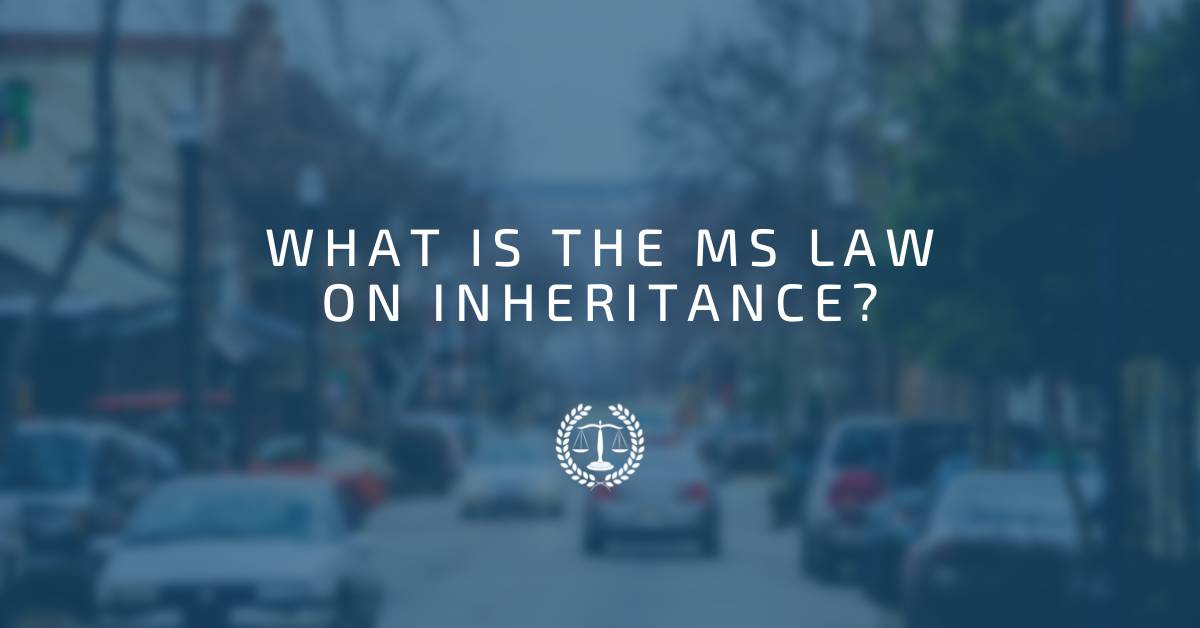Although Mississippi does not have an estate tax or an inheritance tax, there are other aspects of the state’s inheritance laws to be aware of, such as what happens if you pass without a legal will or trust. Working with a law firm is an excellent choice if you want expert help with your estate planning.
Despite Mississippi not having an estate or inheritance tax, residents will still be liable to the federal estate tax if their estate is valued at more than $11.18 million. If a Mississippi resident inherited property from a state that imposes an inheritance tax, the estate would be subject to the tax before he or she could take possession of the property. You will almost certainly be required to submit taxes on the deceased’s behalf.
There are a lot of tax returns that must be submitted after you pass away.
Individual final federal and state income tax returns: Individual final federal and state income tax returns are due on Tax Day of the year after the individual’s death.
Income tax return for estates and trusts in the United States: Due by April 15th of the year after the person’s death.
Return on federal estate taxes: The payment is due nine months after the person’s death, with an automatic six-month extension available if requested before the end of the nine-month period.
Individual estates with a gross asset and prior taxable gift value of more than $11.4 million are obligated to do so. It is important to note that if you don’t have a will set up, your estate will be decided by the courts. In Mississippi, inheritance laws classify this type of estate as an “intestate,” which means there is no valid will. If there is no valid will and you are married, the amount of money your spouse gets will be determined by the number of children you have; if you have none, then your spouse will inherit everything.
In Mississippi, you must sign the will in front of eyewitnesses, and your witnesses must sign the will in front of you and one another for it to be valid. To make your will legitimate, you do not need to get it notarized. By going to a notary, you can establish your will “self-proving.” The court can recognize a self-proving will without seeking the signing of eyewitnesses, which accelerates the probate process. If you and your eyewitnesses go to a notary and sign a statement stating who you are and that each of you were aware you were signing a will, your will will be self-proving.
If you wish to learn more about the inheritance laws in the state of Mississippi, our lawyers at Mestayer Law Firm, PLLC are more than willing to assist you! To get in touch with one of our lawyers, give us a call today and we will assist you and your family as you proceed through the inheritance process.
No representation is made that the quality of legal services performed is greater than the quality of legal services performed by other lawyers
This article does not create an attorney-client relationship. I am licensed to practice law in Mississippi and have based the information presented on US laws. This article is legal information and is for entertainment and informational purposes only and should not be seen as legal advice. You should consult with an attorney before you rely on this information. Any information provided in this blog is accurate and true to the best of my knowledge, but that there may be omissions, errors or mistakes.

